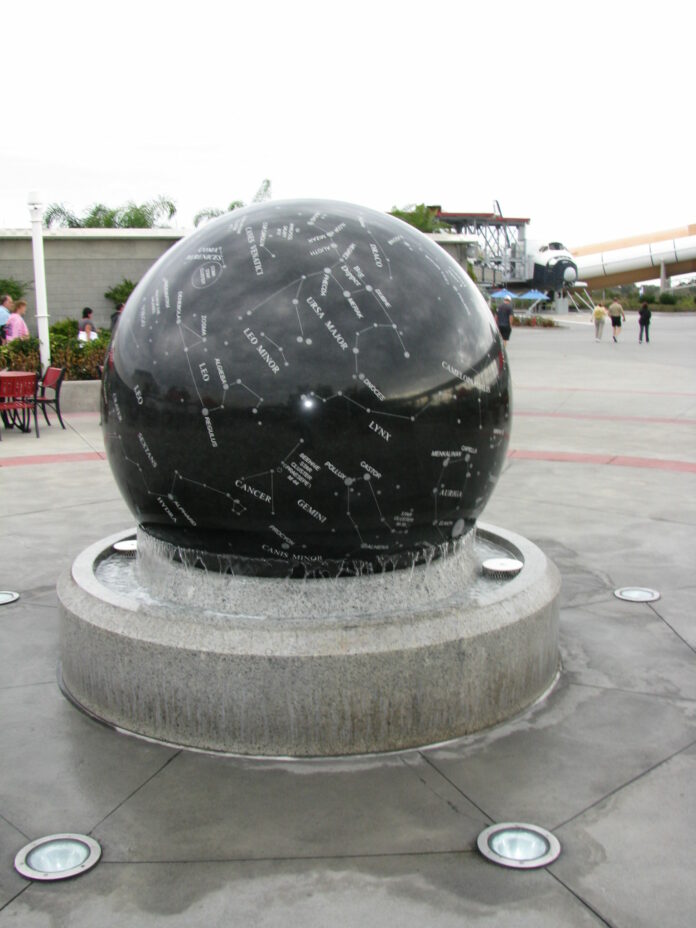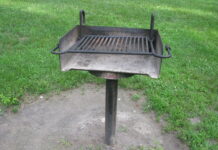Photo credit: DiasporaEngager (www.DiasporaEngager.com).
“Behold I will send you Elijah (Eliyahu) the prophet before the great awesome Day of God, and he will reconcile fathers to children and children to fathers” (Malachi 3:24).
This is part of the Haftarah for Shabbat HaGadol — the Shabbat before Pesach. But why is it associated with Elijah? It is true that in terms of stature and his place in our tradition, Elijah was the greatest of the prophets, even if no book is attributed to him. His public victory over the Prophets of Baal during the reign of Ahab and Jezebel was his most famous triumph — but just as significant was the Chariot of Fire that took him up to Heaven when he died. This became the symbol of mysticism that he was always associated with. And mystics love messianism and days of judgment.
In the Talmud, Elijah figures prominently in the debates about messianism and whether he was to be the messiah or the pathfinder and precursor. But the tradition developed that he would pave the way for a messianic era, and would instruct us what to do and what parts of our tradition would be revived or survive when it came about.
In the Talmud, there are many episodes in which Elijah is said to appear to rabbis and guide them, and he is associated with solving unresolved halachic issues.
Elijah has a special affinity with children in tradition. He figures prominently in the circumcision ceremony where the Sandek, the equivalent of a godfather, sits on a special Chair of Eliyahu (Kisey Shel Eliyahu) at a Bris. He is metaphorically the Sandek and protector of us all. Stories in the Bible have Elijah helping barren women conceive and reviving children who are mortally sick. And yet one could also point out the negative side. When he chooses Elisha to join and succeed him. Elisha asks permission to bid goodbye to his parents, but Elijah refuses and insists he leave them without ever saying goodbye.
Elijah has multiple associations with Pesach. The most obvious is when towards the end of the Seder, we have the Fifth Cup of wine dedicated to him, and we invoke his presence in asking God to remove our enemies.
Why is this fifth cup specifically Elijah’s? On the one hand, it makes sense because he is our concept of a messiah. But it’s also Elijah’s cup because there is a debate as to whether we drink four or five cups of wine at the Seder to commemorate the four terms used in the Torah to describe the process that gave us our freedom from slavery — “I freed you, I saved you, I redeemed you, I took you out.” But some say “I brought you” counts as a fifth. So are there four cups or five cups? The debate is left unanswered. Although we are only obliged to have four cups of wine, we add an extra one just in case. Elijah has helped us solve the debate.
This year, we have much to be sad about. So many beautiful young and not-so-young lives have been killed in defense of our land. So many more lives have been injured or ruined. And yet there have been so many examples of deliverance, self-sacrifice, and heroism.
Is this the year the messiah will come? We can hope. But in the meantime, we have to do our best to reconcile, and to heal the chasms amongst us. We must come together to go forward united with pride and joy. Thank you, Eliyahu.
The author is a writer and rabbi, currently living in New York.
Source of original article: Jeremy Rosen / Opinion – Algemeiner.com (www.algemeiner.com).
The content of this article does not necessarily reflect the views or opinion of Global Diaspora News (www.GlobalDiasporaNews.com).
To submit your press release: (https://www.GlobalDiasporaNews.com/pr).
To advertise on Global Diaspora News: (www.GlobalDiasporaNews.com/ads).
Sign up to Global Diaspora News newsletter (https://www.GlobalDiasporaNews.com/newsletter/) to start receiving updates and opportunities directly in your email inbox for free.
































